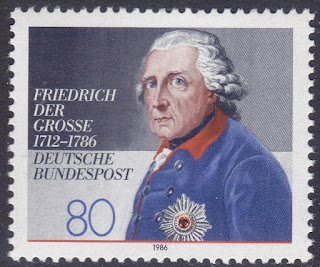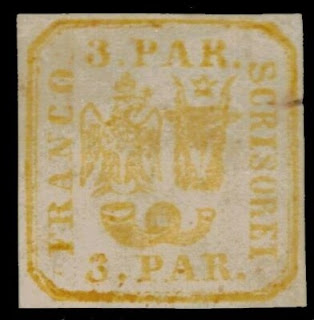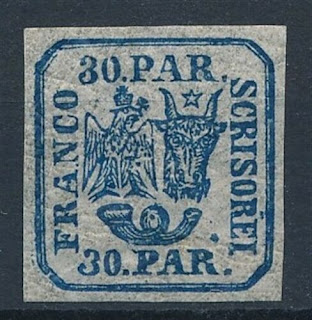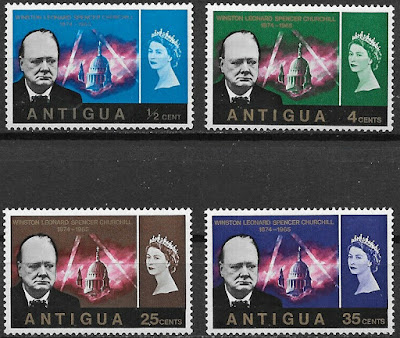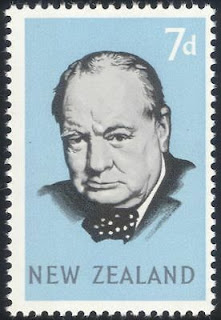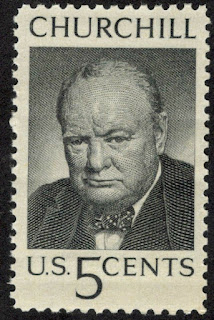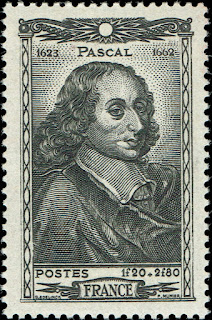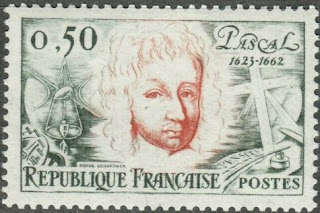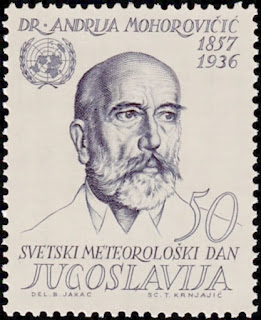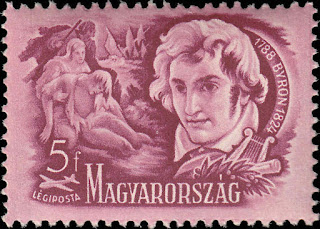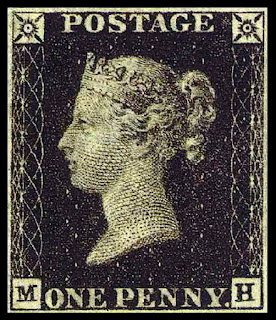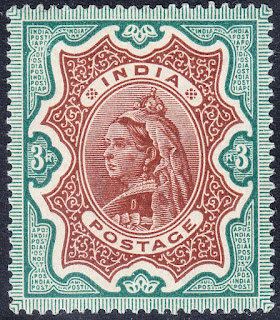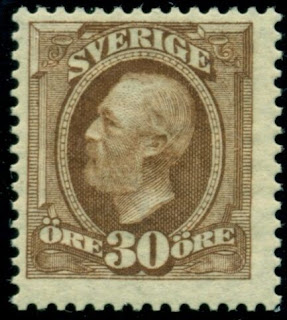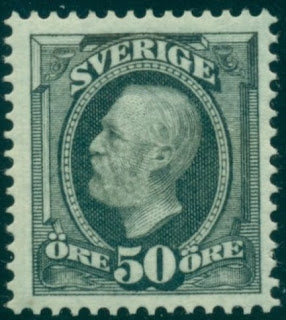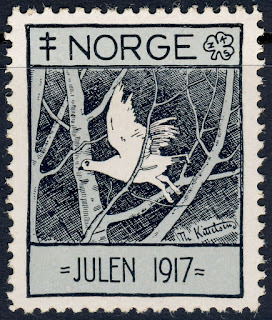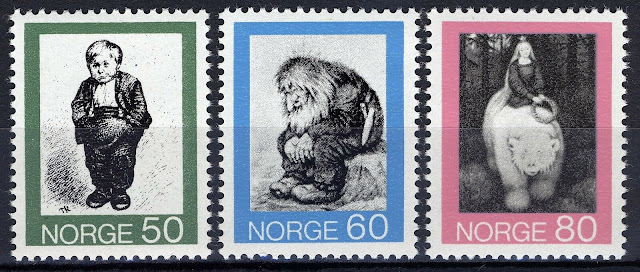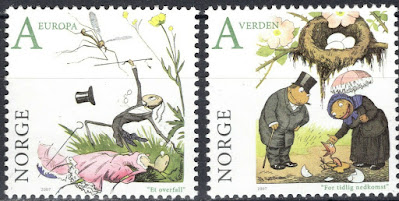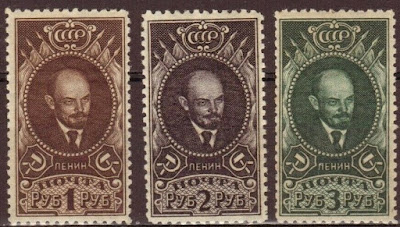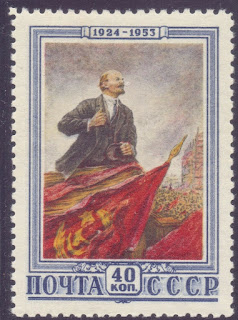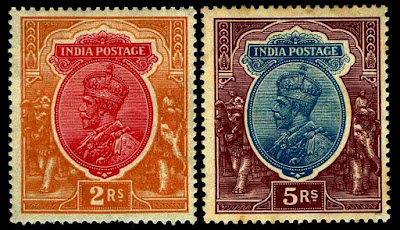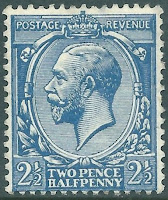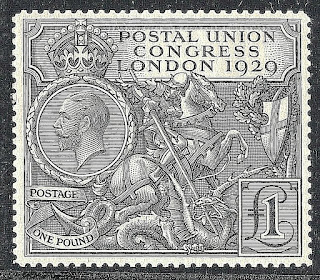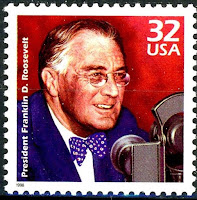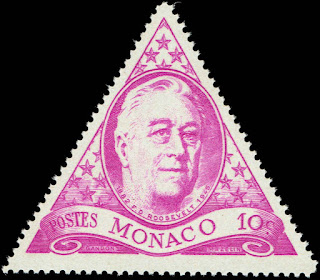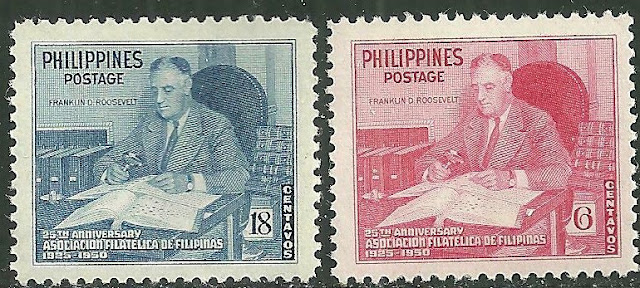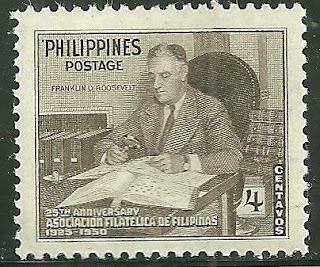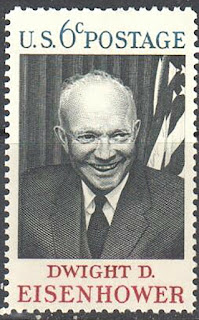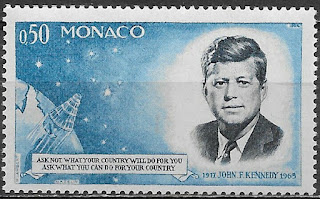Here are some events that happened on January 22nd. It could be an event or a person that died or was born on that day
1561 Born: Francis Bacon, English philosopher and politician, Attorney General for England and Wales (d. 1626)
Francis Bacon, 1st Viscount St Alban, (22 January 1561 – 9 April 1626), also known as Lord Verulam, was an English philosopher and statesman who served as Attorney General and as Lord Chancellor of England. His works are credited with developing the scientific method and remained influential through the scientific revolution.
Bacon has been called the father of empiricism. His works argued for the possibility of scientific knowledge based only upon inductive reasoning and careful observation of events in nature. Most importantly, he argued science could be achieved by use of a sceptical and methodical approach whereby scientists aim to avoid misleading themselves. Although his most specific proposals about such a method, the Baconian method, did not have a long-lasting influence, the general idea of the importance and possibility of a sceptical methodology makes Bacon the father of the scientific method. This method was a new rhetorical and theoretical framework for science, the practical details of which are still central in debates about science and methodology.
Bacon played a leading role in establishing the British colonies in North America, especially in Virginia, the Carolinas and Newfoundland in northeastern Canada. His government report on "The Virginia Colony" was submitted in 1609. In 1610 Bacon and his associates received a charter from the king to form the Tresurer and the Companye of Adventurers and planter of the Cittye of London and Bristoll for the Collonye or plantacon in Newfoundland, and sent John Guy to found a colony there.[81] Thomas Jefferson, the third President of the United States, wrote: "Bacon, Locke and Newton. I consider them as the three greatest men that have ever lived, without any exception, and as having laid the foundation of those superstructures which have been raised in the Physical and Moral sciences".[82]
In 1910 Newfoundland issued a postage stamp to commemorate Bacon's role in establishing the colony. The stamp describes Bacon as "the guiding spirit in Colonization Schemes in 1610".
1788 Born: Lord Byron, English poet and playwright (d. 1824)
George Gordon Byron, 6th Baron Byron (22 January 1788 – 19 April 1824), known simply as Lord Byron, was an English peer, who was a poet and politician. He was one of the leading figures of the Romantic movement and is regarded as one of the greatest English poets. He remains widely read and influential. Among his best-known works are the lengthy narrative poems Don Juan and Childe Harold's Pilgrimage; many of his shorter lyrics in Hebrew Melodies also became popular.
He travelled extensively across Europe, especially in Italy, where he lived for seven years in the cities of Venice, Ravenna, and Pisa. During his stay in Italy he frequently visited his friend and fellow poet Percy Bysshe Shelley. Later in life Byron joined the Greek War of Independence fighting the Ottoman Empire and died of disease leading a campaign during that war, for which Greeks revere him as a national hero. He died in 1824 at the age of 36 from a fever contracted after the First and Second Siege of Missolonghi.
His only marital child, Ada Lovelace, is regarded as a foundational figure in the field of computer programming based on her notes for Charles Babbage's Analytical Engine. Byron's extramarital children include Allegra Byron, who died in childhood, and possibly Elizabeth Medora Leigh, daughter of his half-sister Augusta Leigh.
Stamps from Greece, Hungary and Russia depicting Lord Byron
1901 – Edward VII is proclaimed King after the death of his mother, Queen Victoria.
Edward VII (Albert Edward; 9 November 1841 – 6 May 1910) was King of the United Kingdom of Great Britain and Ireland from 22 January 1901 until his death in 1910.
The eldest son of Queen Victoria and Prince Albert of Saxe-Coburg and Gotha, Edward was related to royalty throughout Europe. He was heir apparent to the British throne and held the title of Prince of Wales for longer than any of his predecessors. During the long reign of his mother, he was largely excluded from political power, and came to personify the fashionable, leisured elite. He traveled throughout Britain performing ceremonial public duties, and represented Britain on visits abroad. His tours of North America in 1860 and the Indian subcontinent in 1875 were popular successes, but despite public approval his reputation as a playboy prince soured his relationship with his mother.
As king, Edward played a role in the modernization of the British Home Fleet and the reorganization of the British Army after the Second Boer War. He reinstituted traditional ceremonies as public displays and broadened the range of people with whom royalty socialized. He fostered good relations between Britain and other European countries, especially France, for which he was popularly called "Peacemaker", but his relationship with his nephew, the German Emperor Wilhelm II, was poor. The Edwardian era, which covered Edward's reign and was named after him, coincided with the start of a new century and heralded significant changes in technology and society, including steam turbine propulsion and the rise of socialism. He died in 1910 in the midst of a constitutional crisis that was resolved the following year by the Parliament Act 1911, which restricted the power of the unelected House of Lords.
Stamps issued by Great Britain depicting Edward VII


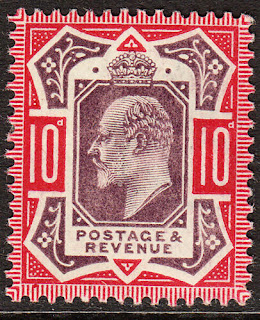
1901 Died: Queen Victoria of the United Kingdom (b. 1819)
Victoria (Alexandrina Victoria; 24 May 1819 – 22 January 1901) was Queen of the United Kingdom of Great Britain and Ireland from 20 June 1837 until her death. She adopted the additional title of Empress of India on 1 May 1876. Known as the Victorian era, her reign of 63 years and seven months was longer than that of any of her predecessors. It was a period of industrial, cultural, political, scientific, and military change within the United Kingdom, and was marked by a great expansion of the British Empire.
Victoria was the daughter of Prince Edward, Duke of Kent and Strathearn (the fourth son of King George III), and Princess Victoria of Saxe-Coburg-Saalfeld. After both the Duke and his father died in 1820, she was raised under close supervision by her mother and her comptroller, John Conroy. She inherited the throne aged 18 after her father's three elder brothers died without surviving legitimate issue. Though a constitutional monarch, privately, Victoria attempted to influence government policy and ministerial appointments; publicly, she became a national icon who was identified with strict standards of personal morality.
Victoria married her cousin Prince Albert of Saxe-Coburg and Gotha in 1840. Their children married into royal and noble families across the continent, earning Victoria the sobriquet "the grandmother of Europe" and spreading haemophilia in European royalty. After Albert's death in 1861, Victoria plunged into deep mourning and avoided public appearances. As a result of her seclusion, republicanism in the United Kingdom temporarily gained strength, but in the latter half of her reign, her popularity recovered. Her Golden and Diamond Jubilees were times of public celebration. She died on the Isle of Wight in 1901. The last British monarch of the House of Hanover, she was succeeded by her son Edward VII of the House of Saxe-Coburg and Gotha.
Great Britain Penny Black stamps, the first stamps issued in the world
Stamp from India and Great Britain showing Empress Victoria
1973 Died: Lyndon B. Johnson, American lieutenant and politician, 36th President of the United States (b. 1908)
Lyndon Baines Johnson (August 27, 1908 – January 22, 1973), often referred to by his initials LBJ, was an American politician who served as the 36th president of the United States from 1963 to 1969, and previously as 37th vice president from 1961 to 1963. He assumed the presidency following the assassination of President John F. Kennedy. A Democrat from Texas, Johnson also served as a United States Representative and as the Majority Leader in the United States Senate. Johnson is one of only four people who have served in all four federal elected positions.
Born in a farmhouse in Stonewall, Texas, Johnson was a high school teacher and worked as a congressional aide before winning election to the US House of Representatives in 1937. Johnson won election to the United States Senate from Texas in 1948 after winning the Democratic Party's nomination by an incredibly narrow margin. He was appointed to the position of Senate Majority Whip in 1951. He became the Senate Minority Leader in 1953 and the Senate Majority Leader in 1955.
He became known for his domineering personality and the "Johnson treatment", his aggressive coercion of powerful politicians to advance legislation. Along with Speaker of the U.S. House of Representatives Sam Rayburn, Senate Majority Whip Earle Clements, and House Majority Whip Carl Albert, Johnson did not sign the 1956 Southern Manifesto drafted by Dixie South Democrats in the 84th U.S. Congress, despite all representing states where racial segregation of public schools had been legally required prior to the 1954 Brown v. Board of Education U.S. Supreme Court case. As Majority Leader, Johnson shepherded to passage the Civil Rights Acts of 1957 and 1960; the first civil rights bills passed by the U.S. Congress since the Reconstruction Era (1863–1877).
Johnson ran for the Democratic nomination in the 1960 presidential election. Although unsuccessful, he accepted the invitation of then-Senator John F. Kennedy of Massachusetts to be his running mate. They went on to win a close election over the Republican ticket of Richard Nixon and Henry Cabot Lodge Jr. On November 22, 1963, Kennedy was assassinated and Johnson succeeded him as president. The following year, Johnson won in a landslide, defeating Senator Barry Goldwater of Arizona. With 61.1 percent of the popular vote, Johnson won the largest share of the popular vote of any candidate since the largely uncontested 1820 election.
In domestic policy, Johnson designed the "Great Society" legislation to expand civil rights, public broadcasting, Medicare, Medicaid, aid to education, the arts, urban and rural development, public services and his "War on Poverty". Assisted in part by a growing economy, the War on Poverty helped millions of Americans rise above the poverty line during his administration. Civil rights bills that he signed into law banned racial discrimination in public facilities, interstate commerce, the workplace and housing; the Voting Rights Act prohibited certain requirements in southern states used to disenfranchise African Americans. With the passage of the Immigration and Nationality Act of 1965, the country's immigration system was reformed, encouraging greater immigration from regions other than Europe. Johnson's presidency marked the peak of modern liberalism after the New Deal era.
In foreign policy, Johnson escalated American involvement in the Vietnam War. In 1964, Congress passed the Gulf of Tonkin Resolution, which granted Johnson the power to use military force in Southeast Asia without having to ask for an official declaration of war. The number of American military personnel in Vietnam increased dramatically, from 16,000 advisors in non-combat roles in 1963 to 525,000 in 1967, many in combat roles. American casualties soared and the peace process stagnated. Growing unease with the war stimulated a large, angry anti-war movement based chiefly among draft-age students on university campuses.
Johnson faced further troubles when summer riots began in major cities in 1965 and crime rates soared, as his opponents raised demands for "law and order" policies. While Johnson began his presidency with widespread approval, support for him declined as the public became frustrated with both the war and the growing violence at home. In 1968, the Democratic Party factionalized as anti-war elements denounced Johnson; he ended his bid for renomination after a disappointing finish in the New Hampshire primary. Nixon was elected to succeed him, as the New Deal coalition that had dominated presidential politics for 36 years collapsed. After he left office in January 1969, Johnson returned to his Texas ranch, where he died of a heart attack at age 64, on January 22, 1973.
Johnson is ranked favorably by many historians because of his domestic policies and the passage of many major laws that affected civil rights, gun control, wilderness preservation, and Social Security, although he also drew substantial criticism for his escalation of the Vietnam War.
